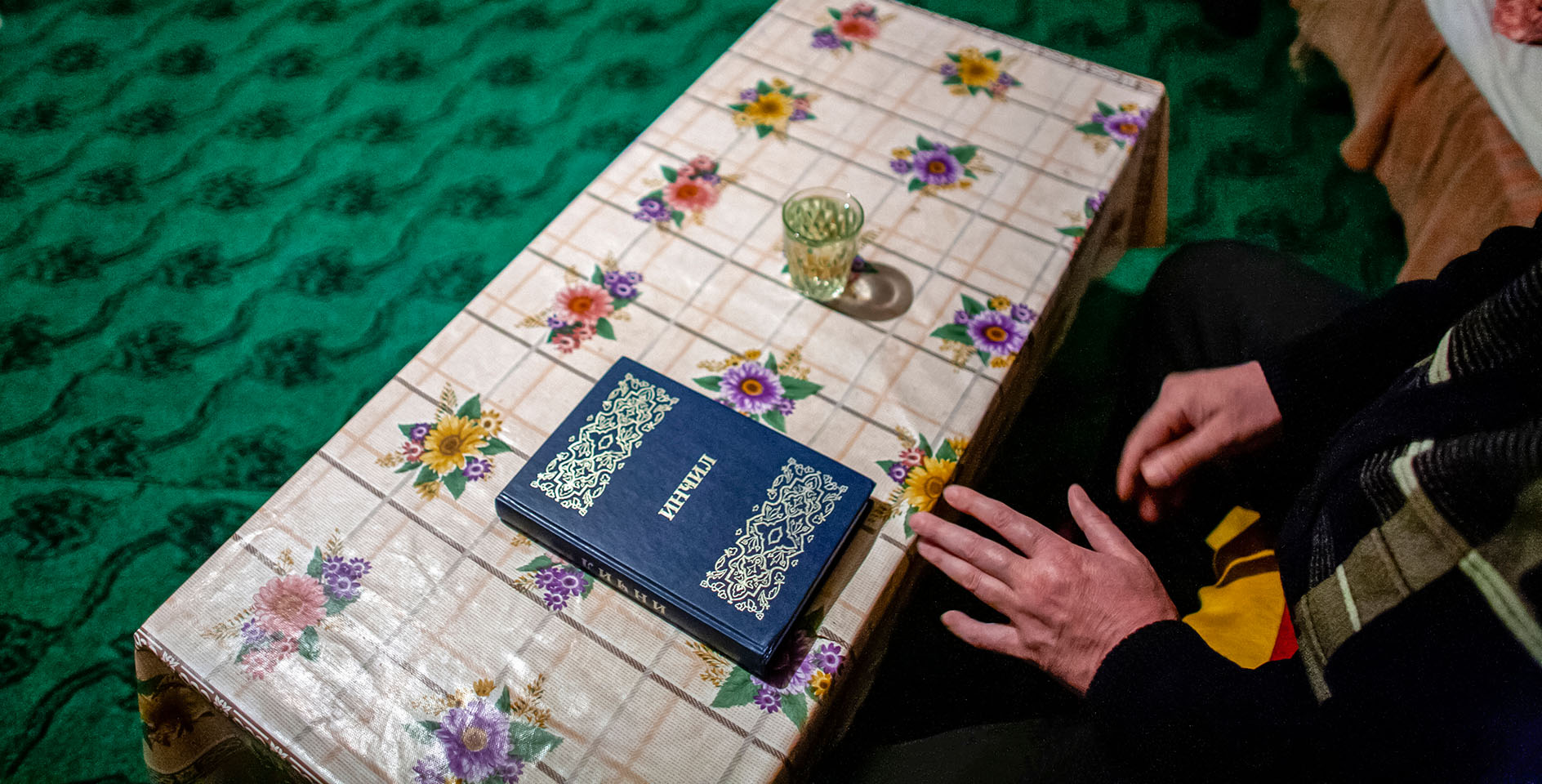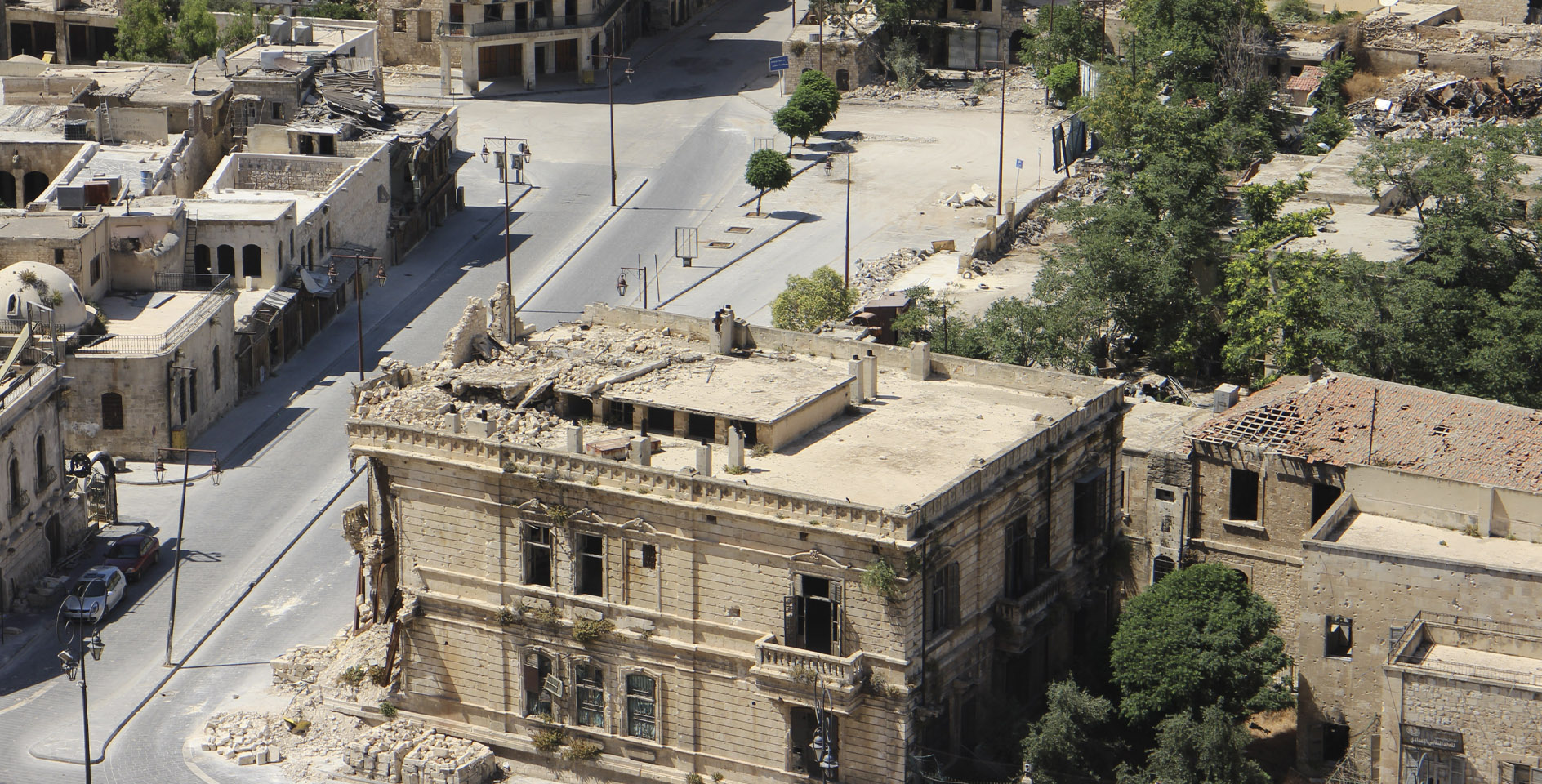Chances are, the attack in Brussels last week captured your imagination and consumed your attention. You’ve probably closely followed updates on the manhunt in Brussels or Paris or the extradition of Salah Abdeslam.
But you might have missed the fact that there was another major bombing in Istanbul just 24 hours earlier claimed by the Islamic State. And you might have also missed the horrific attack in Lahore, Pakistan, this week that killed at least 74 people and wounded 362, almost double the death toll of the Brussels attack.
It’s true for me, too: I care less about the attack in Pakistan than I do the Brussels attack. I’m less hungry for news about the attack in Pakistan. Only when I found out that the attack in Pakistan was specifically targeting Christians on Easter Sunday did the story really pique my interest.
I don’t like this about myself, and I wish it wasn’t true. Ian Bremmer, NYU professor and political scientist, tweeted this image that pretty much sums it up for us Americans:
Not sure how to respond to the latest ISIS bombing? Here's a guide… pic.twitter.com/EfGestfiTk
— ian bremmer (@ianbremmer) March 26, 2016
Part of the issue, undoubtedly, is that there has been a lot less coverage of the Lahore attack than the Brussels post. The New York Times has published several in memoriam pieces (and rightly so). But this sort of empathy-driven coverage has been notably lacking for the attack in Lahore.
Martin Belam, with London’s Guardian laments the lack of coverage, but he goes on to say “it is also regretfully true that there seems to be less of an audience.” In other words, the reason why there are so few articles on the Lahore attacks is that no one reads them.
Why don’t we care more?
There are lots of reasons why we don’t seem to care about terror attacks in the Middle East, Central Asia and South Asia. We probably don’t have many (or any) Pakistani friends. And even if we do, our conversations with them probably haven’t helped us to get a sense of what life is like in Pakistan or develop a sense of empathy for the Pakistanis as a people.
Further, most of us have never been there and have no memories associated with those places. Because we don’t have vacation pictures from Lahore (and likely don’t know anyone who does), it’s hard to get a mental picture of what the park was like where the explosions were.
Lastly, we’re inoculated against the impact of these stories because terror attacks seem to happen in Pakistan all the time. Whether it is polite to admit it or not, many of us subconsciously believe that these things are supposed to happen there. The reason the Brussels attack hit us so hard is that it was out of the ordinary. Some researchers call this compassion fatigue, and we all experience it.
A call for empathy and prayer
For Christians, our response to this situation can’t just be to shrug and accept that this is just the way things are. In Paul’s discourse on the “ministry of reconciliation” in 2 Corinthians 5, he tells us “From now on, therefore, we regard no one according to the flesh.” What this means for us is that the way we naturally view others—through the lenses of tribe, ethnicity, proximity—aren’t the way we view people anymore in Christ. The gospel transforms all of us, including our ability and capacity to empathize with those that are not like us.
How can we empathize and pray more effectively? Here are three ways:
1. Build relationships with immigrants, refugees, and those from other cultures. These relationships will expand our ability to care about the places where these friends are from—having a friend from China will help us to care about China and the Chinese people. But these relationships also open our eyes to differences in culture and make us more sensitive to people who are not like us.
2. Pray through the international section of the newspaper this Saturday. This Saturday, pick up a physical copy of the newspaper and open to the international briefs section. Spend a few minutes to read the stories and pray for those affected by the story. Pastors, Mark Dever occasionally leads his church in corporate prayer using this or a similar method.
3. Intentionally seek out international news. All of our Facebook and Twitter feeds are populated with news and information from people that are like us—they are our friends after all. This means that intentionality is required if we are going to get our of our echo chamber. Sign up for an international digest from your favorite newspaper. If you’ll forgive the shameless plug, each Friday, I round up the top international stories of the week (here is last week’s entry). Justin Long also has an excellent weekly roundup (sign up for his newsletter here).
The international news can be overwhelming; much of it is depressing and about faraway places that we don’t really understand. But let us push through these challenges and lift up the poor, marginalized, and oppressed around the world in prayer, praying for justice and for mercy.










